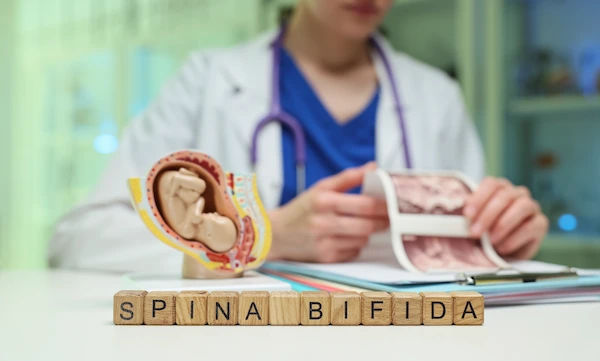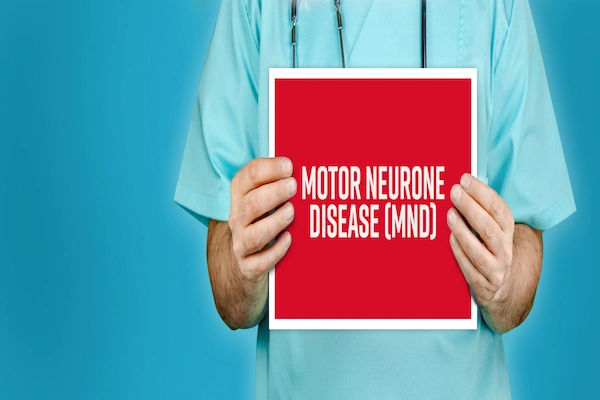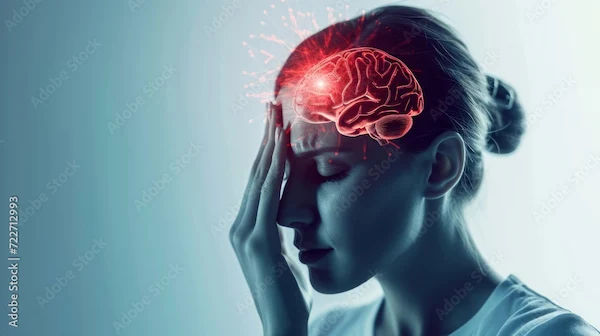- Female
- 35 Years
- 20/02/2025
I've been noticing that whenever I'm stressed out, I get pain in my left arm and sometimes in my left hand, along with this tingling sensation. It's worse after nights when I've slept poorly. Plus, there's this spot on the left side of my head that also starts hurting around the same time. Should I be worried about this? What could be causing these symptoms?
Answered by 1 Apollo Doctors
It sounds like you may be experiencing symptoms of nerve compression or pinched nerves, especially since the pain is associated with tingling sensations. To help alleviate these symptoms, you can try taking over-the-counter pain relievers such as acetaminophen or ibuprofen. Additionally, you can use a topical pain relief cream containing diclofenac applied to the affected area. It is also important to practice stress-reducing techniques such as deep breathing exercises or meditation to help manage your symptoms. If the pain persists, I recommend consulting with a healthcare professional for further evaluation and management.
Dr. Dr Khaleel Suggests...
Consult a Neurologist
Answered 04/07/2025
0
0


Ask Apollo
AI powered Health Chatbot
-
Immediate Concerns
a. Arm pain and tingling, especially on the left side, can be concerning for cardiac issues.
b. Head pain and stress-related symptoms may indicate tension headaches or migraines. -
Recommended Actions
a. Seek medical evaluation promptly to rule out cardiac causes.
b. Monitor and document symptoms, noting any patterns or triggers. -
Lifestyle Modifications
a. Manage stress through relaxation techniques like deep breathing or meditation.
b. Ensure adequate sleep and maintain a regular sleep schedule. -
Follow-Up
a. Consult a healthcare provider for a comprehensive assessment.
b. Consider a referral to a neurologist if headaches persist.
Recommended next steps
Consult a Cardiologist or Consult a Neurologist
Answered 10/09/2025
0
0
More Neurology Health Queries
View allI'm having a tough time with my anxiety disorder lately. Suddenly, I'm feeling this odd tingling in my hands, plus stomach pains, my elbows burning, back pain, and sometimes it's hard to catch my breath. I'm also sweating way more than I used to, especially in my hands, feet, and forehead. And when I'm lying down, I can feel this really strong pulse in my hands and at the bottom left of my feet. It's super weird because I've had a ton of tests like ECGs and stress tests, and they all showed up normal. I also have POTS and my heart feels like it's racing even if I'm just walking. And with Raynaud's syndrome, it used to just affect my hands but now it's all over my body, leaving these red patches and it feels like prickly burns. My gums have started bleeding too, and my wisdom tooth has been hurting like crazy, especially when I eat. The pain after stress is baffling, thoughit only lasts for a few hours. Could you help me figure out what might be going on and what I should do next?
It sounds like you are experiencing a variety of symptoms related to your anxiety disorder, POTS, and Raynaud's syndrome. The tingling in hands, stomach pains, burning sensation, elbow and back pains, shortness of breath, excessive sweating, strong pulse sensation in hands and feet, as well as the red patches and burning sensation all over your body are likely related to your underlying conditions. To help manage your symptoms, you can consider the following medications: - For anxiety and panic attacks, you can try taking **Clonazepam** 0.5mg twice daily as needed. - For stomach pains and burning sensation, you can take **Omeprazole** 20mg once daily before breakfast. - For pain relief in your elbows and back, you can take **Ibuprofen** 400mg every 6-8 hours as needed. - For excessive sweating, **Glycopyrrolate** 2mg once daily can be helpful. - For Raynaud's syndrome, **Nifedipine** 30mg extended-release once daily can help improve blood flow. - For dental pain from your wisdom tooth, you can take **Acetaminophen** 500mg every 6 hours as needed for pain relief. It's important to follow up with your healthcare provider regularly to monitor your conditions and adjust your treatment plan as needed.
Answered by 1 Apollo Doctors
I've been diagnosed with a calcified granuloma in the left frontal lobe of my brain a couple of years ago, and it's really starting to worry me. Lately, I'm having these extreme headaches, and I'm feeling really weak and dizzy, almost as if I'm losing control over my body. Plus, I've had epilepsy in the past with about four seizures already. Could this have anything to do with the granuloma, or should I be looking at something else? What do you think I should do?
Calcified granuloma in the brain can sometimes cause symptoms such as headaches, weakness, dizziness, and loss of body control. Given your medical history of epilepsy and previous fits, it is important to address these new symptoms promptly. I recommend consulting with your healthcare provider for a thorough evaluation.
Answered by 1 Apollo Doctors
I'm a bit worried because my MRI report mentions straightening of the cervical spine. Can you explain what this means and what I should do about it?
no
Answered by 1 Apollo Doctors
Disclaimer: Answers on Apollo 247 are not intended to replace your doctor advice. Always seek help of a professional doctor in case of an medical emergency or ailment.





